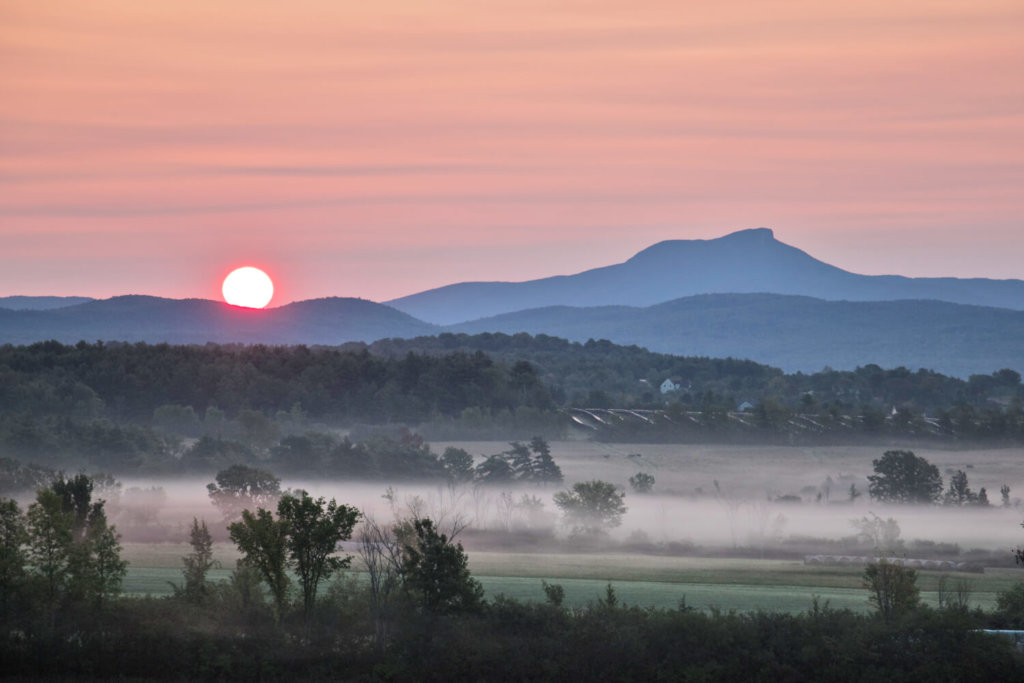Trails talk: Part 4 – Small towns and community trails

Some key challenges facing many rural American communities today are strengthening and diversifying the economy and attracting the next generations to live in these communities. To address these challenges, small towns across the country are creating bike/pedestrian trails to promote local, healthy, environmentally friendly community living.
As noted in an article, Riding the Trail to Revitalization: Rural and Small Town Trail-Oriented Development, by Angela Moreno-Long, January 20, 2017, “The benefits of trails extend beyond just fitness and leisure—trail-based economic development, also known as Trail-Oriented Development (TrOD), is a tool which capitalizes on trails as community amenities and leverages the placemaking and development potential adjacent to trails. TrOD invests in cycling and pedestrian infrastructure to provide high quality transportation and recreation options, create desirable destinations, and ultimately contribute to a livable community.”
Every town has a unique set of variables, so there are a wide variety of approaches to trail-oriented development depending on the goals and size of a community. In Charlotte, most of our economic development centers on farm tourism and small businesses. Connectivity within the town between these farms, businesses and downtown village with a bike/pedestrian trail, the Charlotte Town Link Trail, can enhance our community.
The Town Link Trail, when it goes from Mount Philo into West Charlotte Village and then on to the beach, will connect our inns (Mt. Philo Inn, Inn at Charlotte, Old Lantern Inn) with farm tourism (Charlotte Berry Farm, Pelkey’s Blueberry Farm) with our stores (Brick Store, Little Garden Market) with our community facilities (Library, Post Office, Senior Center, Town Beach, ball fields). The Town Link Trail will also provide connectivity to our county bus, rail (recent news shows that train travel may return in the near future) and ferry system so residents don’t have to drive yet can still get to Burlington, Middlebury, across the lake and to other parts of Chittenden County and beyond.
Attracting the next generations to Charlotte to keep our community vibrant is a worthy activity to pursue as we plan for our future. A VPIRG report from October 2014 titled “Millennials in Motion” states: “Over the last decade, Young Americans have experienced the greatest changes: driving less; taking transit, biking and walking more; and seeking out places to live in cities and walkable communities where driving is an option, not a necessity. Now is the time for the Nation’s transportation policies to acknowledge, accommodate, and support Millennials’ demands for a greater array of transportation choices.”
I recently received an email from a new Charlotte resident who is part of the Millennial generation. In his email he notes, “I recently moved here and purchased a large family home from a couple retiring to a smaller property. We’re in our thirties and spent the last decade living in a large city where walking and biking are the norm. One of the hardest things about moving to Charlotte is, paradoxically, how hard it is to go for a walk! The traffic speeds are very high and in many places, like Ferry Road, it’s not safe to walk a dog, let alone a baby stroller. We’ve been surprised at how far we need to drive to begin a walk. I think your assumption that the (Town Link) trail will make the community more attractive, and valuable, to the next generation is very correct.”
The Charlotte Town Link Trail will make our community stronger. The trail will help attract more Millennials and GenX’ers while providing a safe, healthy route for exercise, community gathering, economic connectivity and transportation within our town and to regional bus, rail or ferry transportation.

